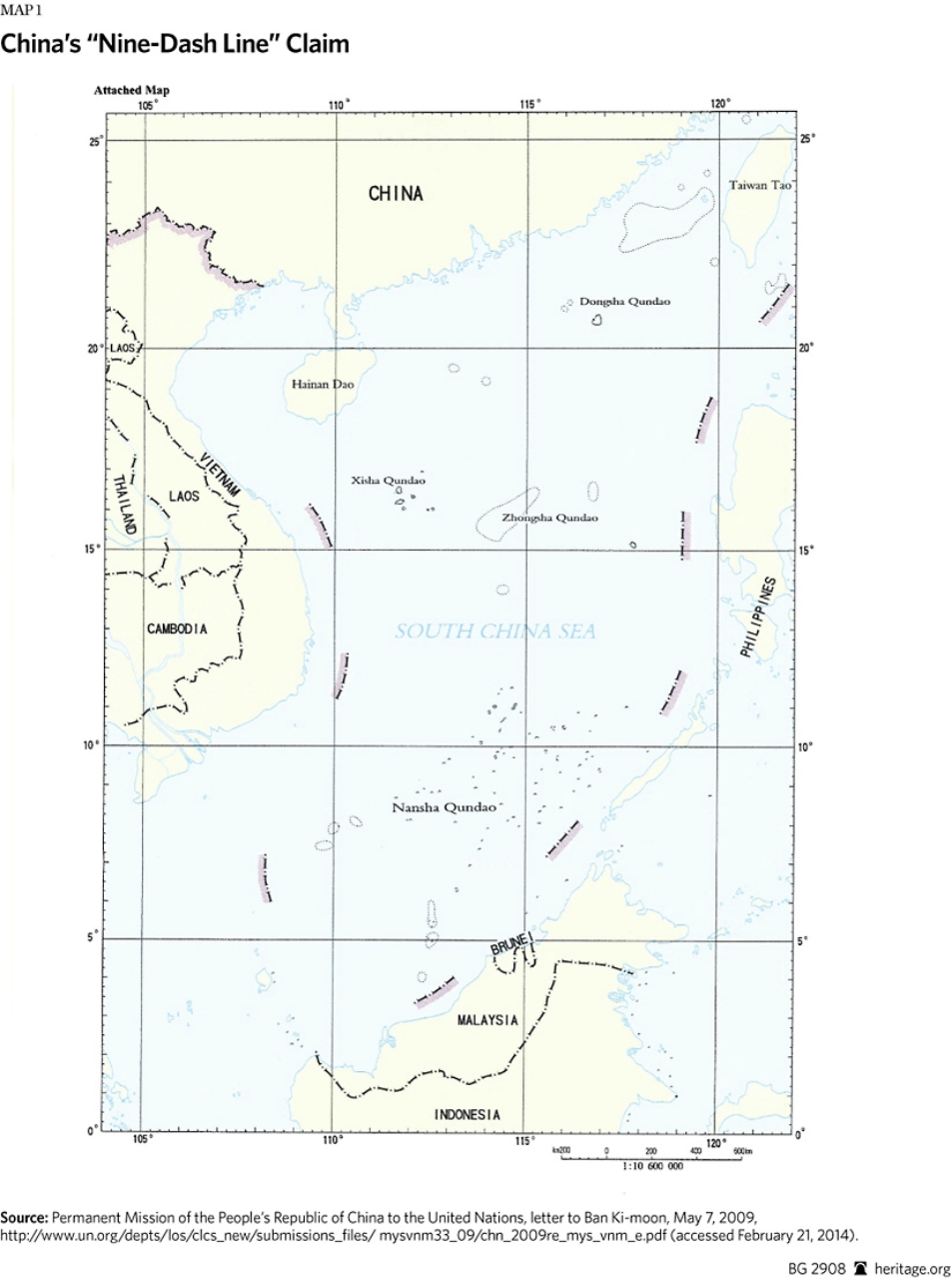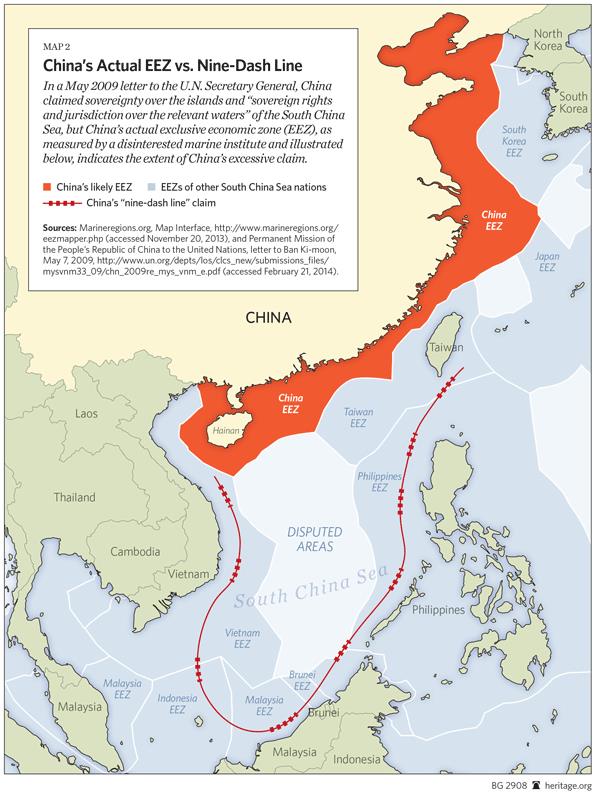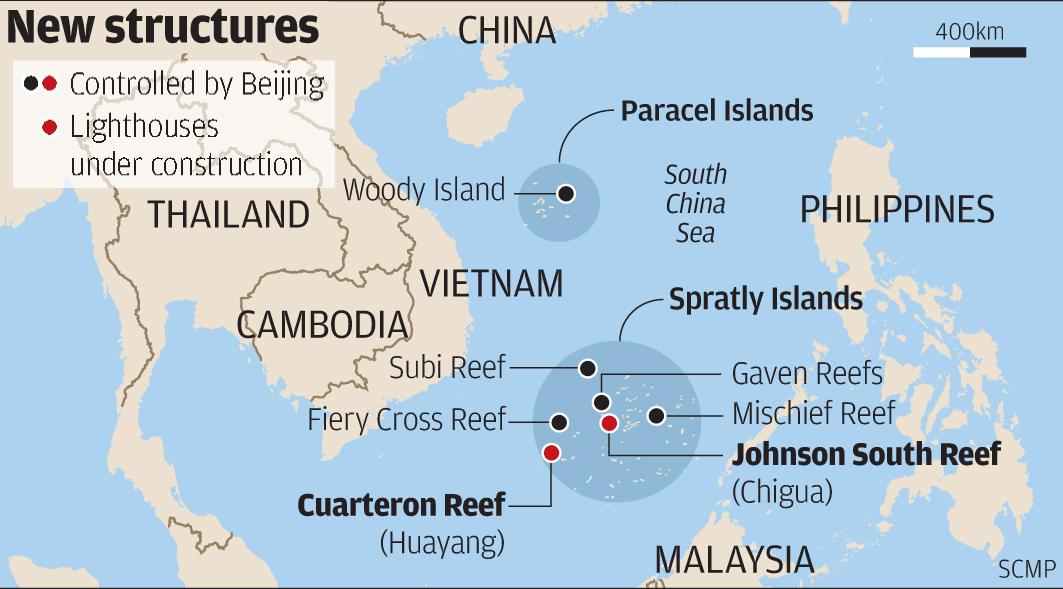Patriotismus und Internationalismus sind keine Gegensätze
Ein Beitrag von Irene Eckert
UFA in Bashkortostan. Das ist die Hauptstadt einer russischen Provinz von der jüngst weltpolitisch bedeutsame Signale ausgingen. Eine Bezugnahme auf die hoffnungsstiftende BRICS/SCO-Tagung im russischen UFA ist überfällig. Von den Mainstream-Medien wurde das zukunftsweisende Ereignis ausgespart. Volker Bräutigam erstattete dagegen dankenswerter Weise eine Programmbeschwerde.
Ohne Gewahrsein der gewichtigen tektonischen Verschiebungen in der außereuropäisch-NATO-dominierten Welt kann lähmender Pessimismus sich ausbreiten.
Notwendig im Interesse des Friedens und der Arbeit für eine menschliche Zukunft ist darüber hinaus eine differenzierte Haltung zur nationalen Identität und Souveränität. Wer den Frieden und den Menschheitsfortschritt herbeisehnt, braucht den Blick auf hoffnungsstiftende Kräfte. Wer einen Ausweg aus der EU/SA Misere sucht, braucht den Blick auf vorwärts weisende Entwicklungen. Er braucht ein sicheres Bewusstsein seiner Selbst und der Möglichkeiten seines Volkes ebenso wie die Bezugnahme auf potentielle Verbündete.
Die Etikettierung und Ausgrenzung von Personen wie sie in völlig obsolet gewordenen, neu-alten "Friedenszirkeln" hierzulande seit längerer Zeit stattfindet, ist nicht nur niederträchtig, sondern ein zerstörerisches Mittel der politischen Scheinauseinandersetzung. Die Verunglimpfung von Personen als "Querfrontler", als Nationalisten, als potentielle Neonazis gar findet ihre Parallele in der gleichgerichteten Diffamierung unliebsamer Staaten und deren Vertreter. Man umgeht die inhaltliche Auseinandersetzung, man bedarf keiner sachlichen Analyse konkreter Strategiefragen mehr, man zielt ad personam und entledigt sich so mühevoller Kleinarbeit. Man zielt auf Gefühle und meint so den Verstand außer Kraft setzen zu können.
Die Etikettierung und Ausgrenzung von Personen wie sie in völlig obsolet gewordenen, neu-alten "Friedenszirkeln" hierzulande seit längerer Zeit stattfindet, ist nicht nur niederträchtig, sondern ein zerstörerisches Mittel der politischen Scheinauseinandersetzung. Die Verunglimpfung von Personen als "Querfrontler", als Nationalisten, als potentielle Neonazis gar findet ihre Parallele in der gleichgerichteten Diffamierung unliebsamer Staaten und deren Vertreter. Man umgeht die inhaltliche Auseinandersetzung, man bedarf keiner sachlichen Analyse konkreter Strategiefragen mehr, man zielt ad personam und entledigt sich so mühevoller Kleinarbeit. Man zielt auf Gefühle und meint so den Verstand außer Kraft setzen zu können.
Die nationale Frage
Die „nationale“ Frage wird zu diesem Zwecke von dem Imperialismus dienenden Kräften in sinnverkehrender Weise missbraucht. Das Imperium zielt auf Zerschlagung der Nationalstaaten, ja die nationale Idee überhaupt ist ihm zuwider, soweit sie andere Länder betrifft. Intakte Staatengebilde, die auf gewachsene Identität ihrer Völker gründen und daher zum Widerstand gegen seine imperiale Anmaßung befähigt sind, müssen in seinem Herrschaftsinteresse zerschlagen werden. Das Konzept der nationalen Souveränität wird auf Grund dessen prinzipiell abgelehnt. Es steht ja der imperialistischen Einmischung in die Angelegenheiten eigenständiger staatlicher Entitäten im Wege. Eine ziemliche Verwirrung diesbezüglich lähmt infolge solch propagandistischer Einflussnahme die auch in unserem Volk steckende, potentiell einigende Kraft zur Abwehr interessierter Manipulation von oben und von außen. Jeder Humanist wendet sich berechtigter Weise gegen neudeutsches NAZITUM. Das ist gut so, das ist notwendig. Aber nicht jeder, der ihn die Nähe der verbrecherischen Ideologie gerückt wird, hat solche Stigmatisierung verdient.
Es kann aber keine Breitenwirkung entfaltende Bewegung gegen die immer weiter eskalierende Kriegsgefahr entstehen, solange Freund und Feind nicht klar erkannt und unterschieden werden, solange Opfer und Täter nicht klar unterscheidbar sind.
Auch Deutsche haben ein zu verteidigendes Vaterland

Wenn sich fortschrittlich oder "links" dünkende Kreise meinen, Deutschland ein „zu verteidigendes Vaterland“ absprechen zu müssen, dann hat das fatale Voraussetzungen und entsprechend verheerende Folgen. Es kommt solche Einstellung letztlich aus dem Giftschrank der "Antideutschen". Diese aber sind rotlackierte NAZIS. Die Verkehrung der Begriffe stiftet Unheil. Dem "antideutschen" Unsinn ist mit aller Entschiedenheit entgegenzutreten ist. Denn um mit dem deutschen Dichter Bert Brecht zu sprechen:
„ ...nicht über und nicht unter
Andern Völkern wolln wir sein
Von der See bis zu den Alpen
Von der Oder bis zum Rhein
Und weil wir dies Land verbessern
Lieben und beschirmen wir's
Und das Liebste mag's uns scheinen
So wie andern Völkern ihrs.“*
Diese Zeilen schrieb der Dichter der "Kinderhymne" in der DDR, wohin er nach dem US-amerikanischen Exil zurückkehrte. Sie gelten aber sinngemäß immer noch auch für unser wiedervereintes Deutschland, das wahnwitziger Weise neuerlich imperiale Größe anstrebt.
Das imperialistische Deutschland war weder das erste noch das letzte
Diese Zeilen schrieb der Dichter der "Kinderhymne" in der DDR, wohin er nach dem US-amerikanischen Exil zurückkehrte. Sie gelten aber sinngemäß immer noch auch für unser wiedervereintes Deutschland, das wahnwitziger Weise neuerlich imperiale Größe anstrebt.
Das imperialistische Deutschland war weder das erste noch das letzte
Deutschland ist aber nicht das erste und nicht das letzte imperialistische Zentrum der Geschichte. Sollten wir schon vergessen haben, was die Spanier mit dem Heraufdämmern der Neuzeit dem gesamten lateinamerikanischen Kontinent angetan haben oder ihre Erben die Briten gleich auf mehreren Kontinenten? Die deutschen KZs haben ihre Vorläufer etwa im britisch, belgisch, französisch kolonisierten Afrika und ihre Nachläufer im US-amerikanisch geführten Guantanamo, Baghram und Abu Ghraib, um nur einige der verheerendsten Auswüchse des US-Imperialismus zu nennen. Auch seien die Fußangeln der deutsch-imperialistischen Politik ins Bewustsein gehoben, die allerspätestens seit 1949 vom US-Imperialismus festgezurrt wurden. Ich meine sogar, dass derartige Abhängigkeiten bereits in der Folge des I.Weltkrieges eingetreten sind und dass der Aufstieg des deutschen Faschismus nicht ohne solch äußere Einmischung erfolgt ist. Ich verweise dazu etwa auf eine hochinteressante Broschüre von Oswald Garrison Villard „Shall We Rule Germany?“ (Sollen wir Deutschland regieren/beherrschen?) aus dem Jahre 1943 (!), erschienen in New York und vom Post War World Council herausgegeben. Dort wird sehr krititisch noch zu Roosevelts Zeiten von einem Parteigänger des NEW DEAL auf einschlägige Pläne des State Department Bezug genommen. Alles was dort warnend gesagt wird, ist inzwischen so oder doch ähnlich eingetroffen, ja sinngemäß übertroffen worden. Washington „wusste“ damals schon, dass Hitler Selbstmord begehen würde und fasste selbstherrliche Pläne zur diktatorischen Unterwerfung und Gängelung Deutschlands und zur Vereinheitlichung Europas.
Wir Deutschen haben wie alle anderen Völker eine gemeinsame Geschichte und eine trennende. Uns gegen imperiale Bevormundung zu stellen ist bei uns ebenso wie überall auf der Welt vonnöten.
Wiederbelebung des deutschen Kulturgeistes nötig und möglich
Wiederbelebung des deutschen Kulturgeistes nötig und möglich
Uns eint also nicht nur die deutsche Sprache, die auch in anderen Nationen geliebt und gesprochen wird und deren wunderbare Lieder etwa ein nach der Heimat sich sehnender, ziemlich verbürgerlichter Heinrich Heine zu uns aus Frankreich herübersang. Uns eint nicht nur das deutsche Kulturgut, das so unterschiedlich verankerte Geistesgrößen wie Goethe und Schiller, wie Lessing, Kleist und Kant, Hegel und Fichte, wie Thomas Mann und seine Brüder, Luther und Nietzsche, wie Anna Seghers und Bert Brecht, Lion Feuchtwanger und Günther Grass, um nur einige wenige zu nennen, beigesteuert haben und das auch anderswo geschätzt wird auf der Welt. Ähnliches gilt für die Baukunst, die Malerei und sowieso die Musik, zu der Deutsche maßgeblich beigetragen haben, eben so wie zur Entwicklung der Wissenschaft. Uns eint heute auch die Ablehnung der Hetze gegen Russland und die neuerliche Heraufbeschwörung eines Angriffskrieges. Vereinigend wirken könnte auch der Rekurs auf die Befreiungsbewegung gegen ausländische Besatzung zu Beginn des 19. Jahrhunderts und im Ansatz gegen die Ruhrbesatzung in den Zwanziger Jahren des folgenden Jahrhunderts. Auch in den diversen Widerstandsbewegungen zunächst gegen päpstliche Bevormundung, dann gegen die absolutistische Adelsherrschaft, später gegen den Faschismus waren klassenübergreifende Kräfte am Wirken. In visionärer Voraussicht waren die Vertreter der unteren Klassen immer führend und brachten die meisten Opfer.
Von deutschem Widerstandsgeistes in Geschichte und Gegenwart
Von deutschem Widerstandsgeistes in Geschichte und Gegenwart
Wir haben als Nation einen erheblichen Beitrag geleistet zur revolutionären Weltbewegung und einen entsprechend hohen Blutzoll bezahlt. Die ersten Opfer des Faschismus waren zehntausende Deutsche unterschiedlicher politischer Couleur in den Lagern, von denen Deutschland übersät war und jene Deutschen die schon früh ins Exil getrieben wurden. Auch jene, die nach Kriegende ihre Heimat verloren haben letztlich als Opfer des Faschismus zu gelten, der die ethnischen Säuberungen allerorten zu verantworten hat.
Wir können uns im Guten wie im Bösen durchaus mit anderen Völkern messen. Der Kampf der Klassen hat - wie überall - auch auf unserem Boden schlimm gewütet und sein Wüten wirkt bis heute nach , wirkt fort.
Für die opferreichen Schlachten des 'Kalten Krieges' sind deutsche Bürger, deutsche Parlamentarier und deren Regierungen ebenso wie viele andere mitverantwortlich. Führend in diesem Krieg war allerdings zu allen Zeiten die selbsternannte 'lead-nation', die derzeitige Führungsnation des Imperialismus und das sind noch immer die Vereinigten Staaten von Amerika. Die Welt ist übersät mit US-amerikanischen Militärbasen, von dort aus werden die Kriege in die Welt hineingetragen. Ramstein in Deutschland ermöglicht unter anderem die Drohnen-Kriegsführung und Stuttgart mit Africom die Kontrolle des afrikanischen Kontinents. Die Atomwaffen in Büchel gehören den Amerikanern und stehen unter deren Kontrolle. Der Verbleib Griechenlands in der EU und der NATO wird ebenso wie die von uns mitverantwortete (!) Kriegspolitik der Türken von den USA aus gesteuert, der wichtigesten Militärmacht der Erde. Dies gilt auch für die völkerrechtsverachtende Politik Israels. Natürlich tragen „wir“ die Verbrechen mit. Unser Regierungspersonal ist genau wie unsere Parlamentarier mitbeteiligt an Verbrechen der NATO, die unser Land völlig unhinterfragt mitträgt. Das ist anzuprangern. Aber wir sind keine Ausnahme, beileibe nicht. Die französische Kolonialmacht ist nicht besser. Das französische Volk inzwischen ziemlich mürbe gemacht. Anderswo geht es zugegeben kämpferischer zu. In unserer Nation wurde dem Widerstandswillen gegen imperialistische Politik durch vielerlei Tricks inzwischen ziemlich komplett der Garaus gemacht, vorübergehend. Aber das gilt mehr oder weniger halt auch für andere Nationen. So wie es ist aber, bleibt es niemals und wir können dazu einen Beitrag leisten.
Verteidigung des nationalen Erbes und der nationalen Souveränität
Zerschlagung des nationalen Erbes aller Völker ist die erklärte Politik des Imperiums. Die Berufung auf ein gemeinsames Erbe schafft nämlich Identitäten, schafft Kraftzentren, von denen aus der Widerstand angeleitet werden könnte. Das Imperium kann solches natürlich nicht dulden. Es muss dazwischen fahren. Teile und herrsche, divide et impera, heißt nach wie vor die Devise. Die versuchte Zerschlagung der Nationalstaaten, der Staatsidee überhaupt, des Souveränitätsgedankens, die Schaffung von Chaos (!) das ist der Kern der Strategie des PNAC, des Projekts für ein Neues Amerikanisches Jahrhundert, das ist Kagan und seine Frau Victoria Nuland etwa an führender Stelle.
Zerschlagung des nationalen Erbes aller Völker ist die erklärte Politik des Imperiums. Die Berufung auf ein gemeinsames Erbe schafft nämlich Identitäten, schafft Kraftzentren, von denen aus der Widerstand angeleitet werden könnte. Das Imperium kann solches natürlich nicht dulden. Es muss dazwischen fahren. Teile und herrsche, divide et impera, heißt nach wie vor die Devise. Die versuchte Zerschlagung der Nationalstaaten, der Staatsidee überhaupt, des Souveränitätsgedankens, die Schaffung von Chaos (!) das ist der Kern der Strategie des PNAC, des Projekts für ein Neues Amerikanisches Jahrhundert, das ist Kagan und seine Frau Victoria Nuland etwa an führender Stelle.
Seien wir also vorsichtig bei unserer Kritik der Staatsidee und des Konzepts der Nation. Wohl temperierter Patriotismus ist nicht Chauvinismus. Chauvinismus ist ein Kennzeichen imperialer Überhebung, ein Ausdruck nationalistischen Größenwahns, der sich für einzigartig und unbesiegbar hält. Die Verteidigung nationaler Souveränität und der Stolz auf die Leistungen, die ein Volk im Laufe einer langen Geschichte erbracht hat, ist nicht ungesund und hat mit solchem Größenwahn nichts gemein. Ziehen wir also die richtigen Lehren aus den Dokumenten der „Brüsseler Tagung“ von 1935. Lernen wir aus den Empfehlungen etwa eines Georgie Dimitrov oder Wilhelm Pieck und verteidigen wir Seite an Seite mit allen friedliebenden nationalen Kräften über all auf der Erde das Völkerrecht auf nationale Selbstbestimmung und Frieden.
„Frieden ist ein Menschenrecht“ Mairead Maguire, irische Friedensnobelpreisträgerin.
Seien wir im genannten Sinne gute Patrioten und Internationalisten zugleich, das ist nicht nur möglich, sondern notwendig.
„Frieden ist ein Menschenrecht“ Mairead Maguire, irische Friedensnobelpreisträgerin.
Seien wir im genannten Sinne gute Patrioten und Internationalisten zugleich, das ist nicht nur möglich, sondern notwendig.










